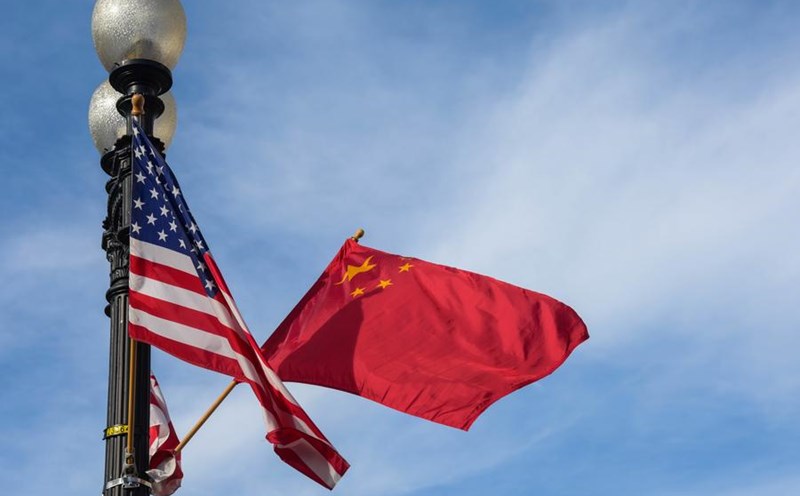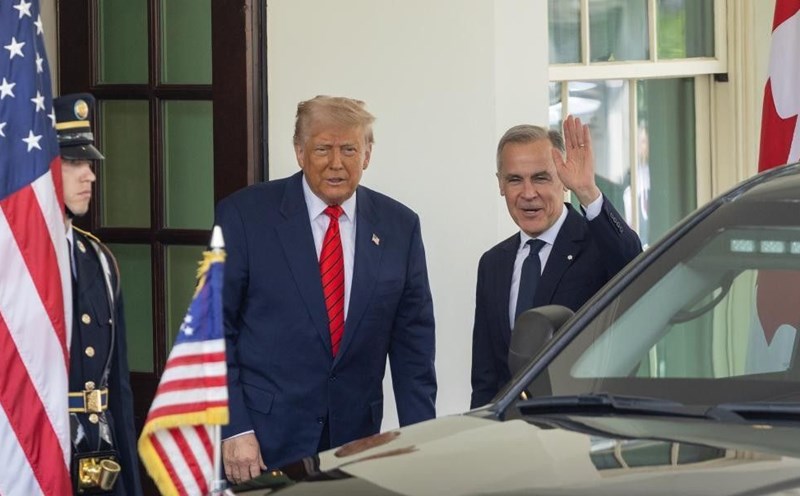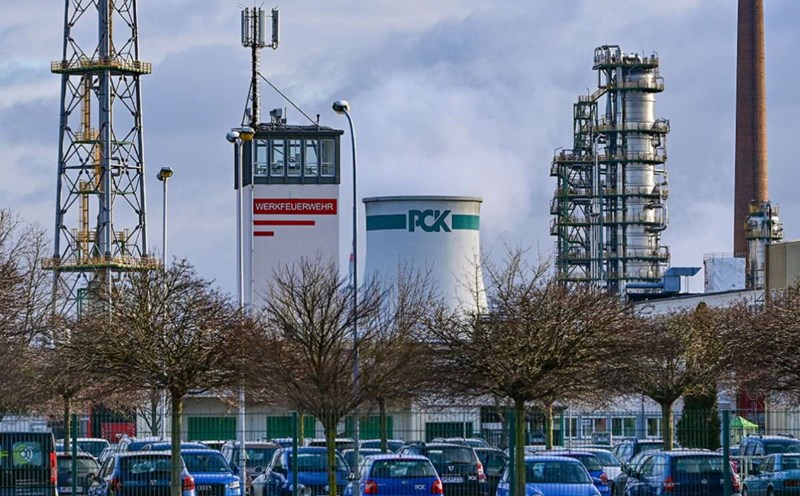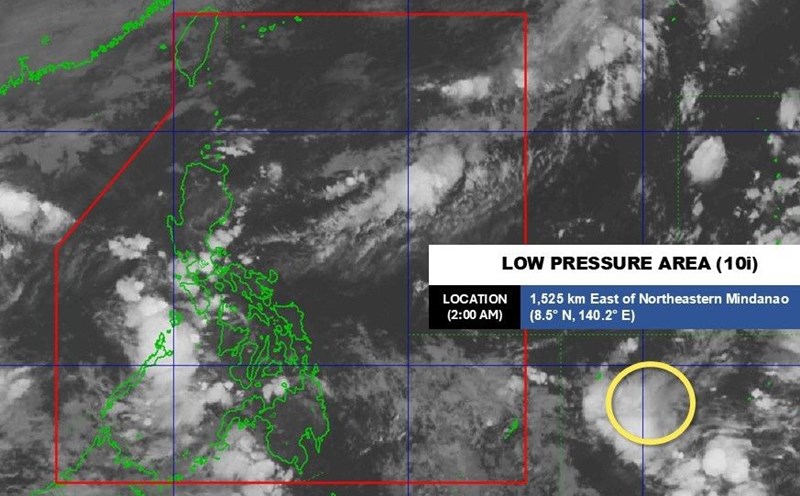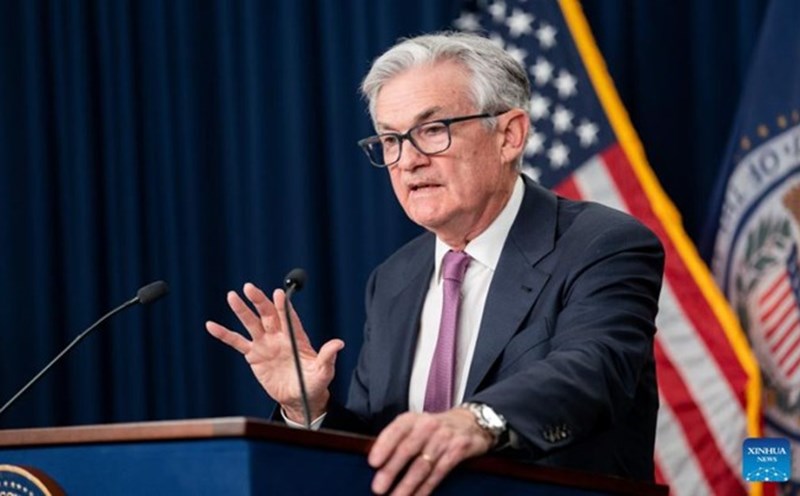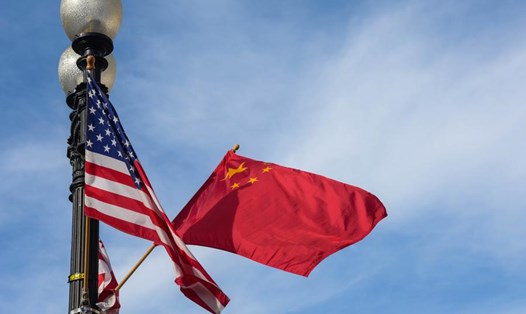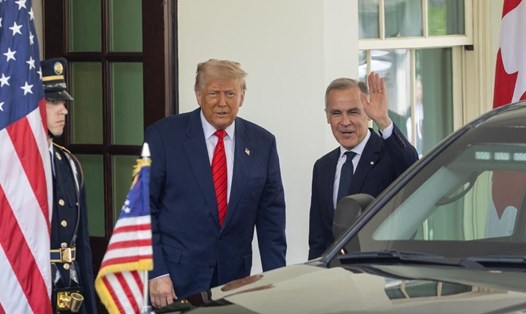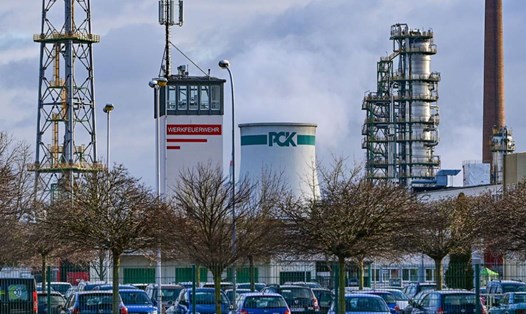On October 26, the US and Malaysian governments issued a joint statement on the signing of the Counter- Trader Trade Agreement with strong commitments on taxes, digital trade, supply chains and the environment. This is the result of inheriting and expanding the US- Malaysia Investment and Trade Framework Agreement signed in 2004.
Under the agreement, Malaysia is committed to strongly opening the market for US industrial and agricultural goods, including chemicals, machinery, electrical equipment, metals, automobiles, milk, agricultural products, poultry, rice, ethanol and processed products.
For its part, the US maintains the counterpart tax rate of 19% as stipulated in the 14257 Intervention Order, and applies a tax rate of 0% to 1,711 Malaysian goods listed in the appendix of the 14346 Order, belonging to the group of "appropriate trade partners".
Notably, Malaysia is committed to eliminating non- tariffs affecting US exports, including accepting technical standards and emissions for US-made cars, simplifying procedures for importing steel, cosmetics, medical equipment and regulations on Halal certification.
In the agricultural sector, Malaysia also agrees to recognize quarantine certificates issued by US agencies, creating more favorable conditions for imported food, beverages and agricultural products.
Regarding the environment, Kuala Lumpur affirmed that it will maintain high ecological protection standards, combat illegal logging, fishing and wildlife trade.
In the field of labor, Malaysia is committed to strengthening supervision and prevention of forced labor and child labor, especially in high-risk industries.
One of the notable points of the deal is a commitment not to impose digital service tariffs and not to force US technology companies to contribute to domestic funds.
Malaysia will ensure cross-border data transfers, maintain customs union bans on electronic transactions, and remove restrictions on on-land television broadcasting for US programs.
The two sides also agreed to strengthen economic security cooperation, combat trade fraud, protect intellectual property rights, and promote investment in important minerals and rare earths, in which Malaysia pledged not to ban or impose export quotas to the US.
Washington will support US businesses to expand production in Malaysia to develop the mining and renewable energy industries.
Commercial contracts worth hundreds of billions of USD were announced on the same occasion, including orders for 30 aircraft, the purchase and sale of semiconductor components, data center equipment worth 150 billion USD, and 5 million tons of LNG per year, worth about 3.4 billion USD.
The US Treasury Department and the State Bank of Malaysia are negotiating to complete the Memorandum of Understanding on bilateral monetary policy, aiming to maintain a stable exchange rate and ensure a fair financial environment between the two countries.

